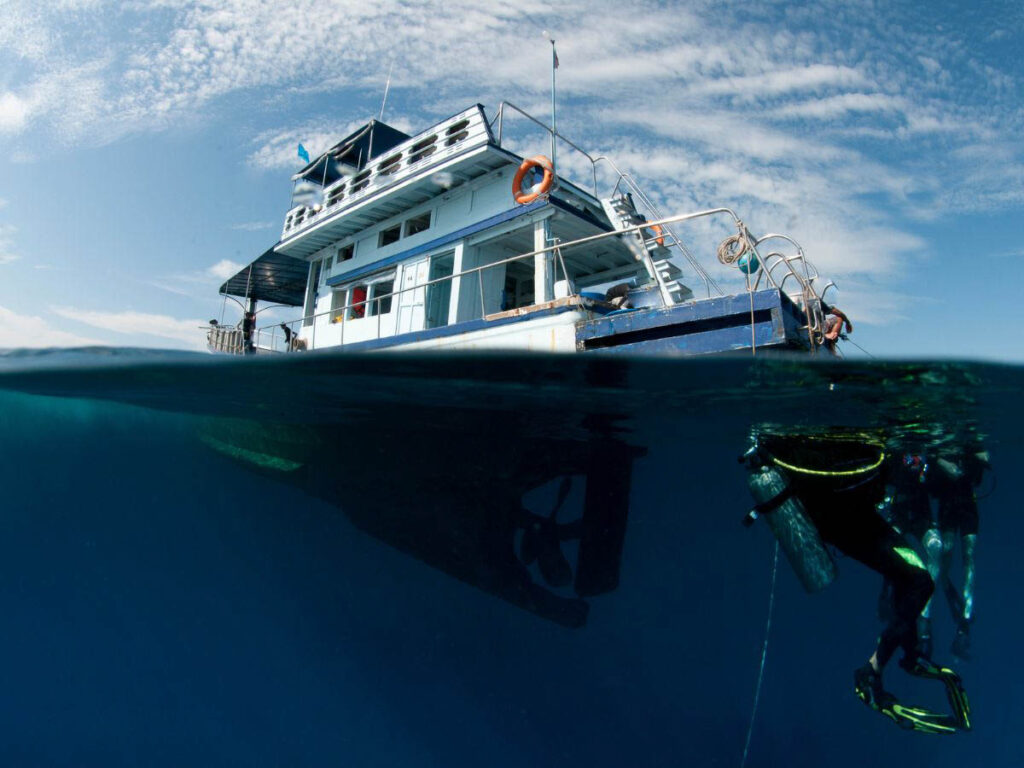Discover essential tips and considerations for choosing the perfect boat. Dive into factors like boat type, size, price, and usage to make an informed decision.
Picking the perfect boat for your lifestyle can be daunting. With so many options to choose from, you should narrow your search by understanding the various factors that come into play when buying a boat. By considering budget, intended use, size, and safety, you can select a boat that meets your requirements. We will discuss the different types of watercraft available, share their pros and cons, and provide advice for making the best decision.
Freshwater vs. Saltwater Boating
When choosing a boat, consider whether you’ll venture into fresh water or salt water. Understanding the distinctions between freshwater and saltwater boating will help you choose a vessel that suits your adventurous spirit.
Freshwater Boats
Freshwater boats are typically more affordable than saltwater boats. They are designed for navigating relatively calm water conditions in rivers and lakes. These vessels are ideal for recreational activities in lakes, rivers, and streams. Due to the small size of freshwater locations, most boats of this type are smaller than their saltwater counterparts. Some popular freshwater boats include pontoon boats, fishing boats, and bowriders.
Pros:
- Affordable
- Easy to maintain
- Suitable for recreational activities
Cons:
- Not designed for rough offshore conditions
- Limited to freshwater bodies like lakes, streams, and rivers
Saltwater Boats
Saltwater boats can handle the rough and corrosive conditions of oceans and brackish water. They are ideal for ocean trips or professional use, such as commercial fishing. Center console boats, cabin cruisers, and sailboats are popular examples of saltwater boats.
Pros:
- Durable enough for harsh marine conditions
- Suitable for a wide range of offshore activities, from fishing to cruising
Cons:
- Expensive to purchase and maintain
- Large and hard to transport
Size Matters
The size of the boat plays a significant role in determining its use, handling, and storage requirements. Large vessels offer more cabin and storage space but are more challenging to maneuver and require a large area to dock. Small boats are easy to handle and store but may need more amenities for extended trips or many passengers.
Safety First
Safety should always be a top priority on the water, regardless of the boat you choose. Ensure the boat you’re considering has safety equipment, such as life jackets, fire extinguishers, and navigation lights. Familiarize yourself with boating safety regulations at every body of water you plan to explore, and consider taking a boating safety course to enhance your knowledge.
Budget Considerations
Consider the total cost of ownership when selecting a watercraft. Costs include the purchase price, insurance, docking fees, fuel, maintenance, and repairs. You’ll need a realistic understanding of these expenses to ensure you can afford your boat.
By knowing these things before picking a boat from the various types available, you can fulfill your boating aspirations. Soon, you’ll be enjoying your time on the water because of your informed choices.







